Page 5 • (411 results in 0.038 seconds)
-
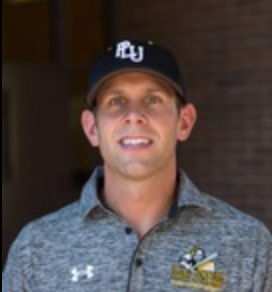
Assistant Athletic Director for Recreation | Recreational Sports | thompsrw@plu.edu | 253-535-7495 | Robert Thompson arrived at Pacific Lutheran University in August of 2013 as the Coordinator of Recreation and was elevated to Assistant Athletic Director for Recreation prior to the 2017-2018 academic year. Under Thompson’s leadership, student participation in intramural programming has increased by 40 percent through innovative marketing to students and partnerships with several departments on campus.
Rob Thompson Assistant Athletic Director for Recreation Phone: 253-535-7495 Email: thompsrw@plu.edu Biography Biography Robert Thompson arrived at Pacific Lutheran University in August of 2013 as the Coordinator of Recreation and was elevated to Assistant Athletic Director for Recreation prior to the 2017-2018 academic year. Under Thompson’s leadership, student participation in intramural programming has increased by 40 percent through innovative marketing to students and partnerships with
-
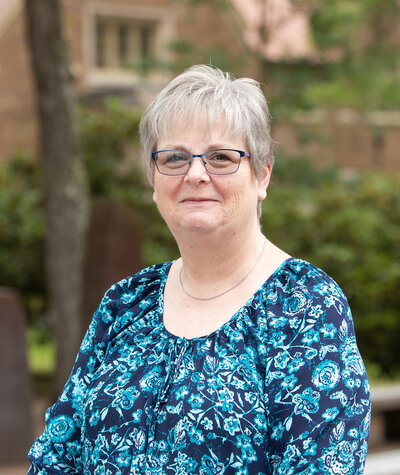
Assistant to the Dean/Office Manager | School of Nursing | priggekl@plu.edu | 253-535-7674 | B.S., Business Administration-Grand Canyon University, 2014 .
Kate Prigge Assistant to the Dean/Office Manager She, Her, Hers Phone: 253-535-7674 Email: priggekl@plu.edu Office Location:Ramstad Hall - Room 214 Office Hours: (On Campus) Mon: 7:30 am - 4:30 pm (Off Campus) Tue: 7:30 am - 4:30 pm (On Campus) Wed: 7:30 am - 4:30 pm (On Campus) Thu: 7:30 am - 4:30 pm (Off Campus) Thu: 7:30 am - 4:30 pm Employed: 8 Years Professional Biography Additional Titles/Roles Education BS, Business Adminstration, Grand Canyon University, 2014 Biography B.S., Business
Office HoursMon: 7:30 am - 4:30 pmTue: 7:30 am - 4:30 pmWed: 7:30 am - 4:30 pmThu: 7:30 am - 4:30 pmThu: 7:30 am - 4:30 pm -
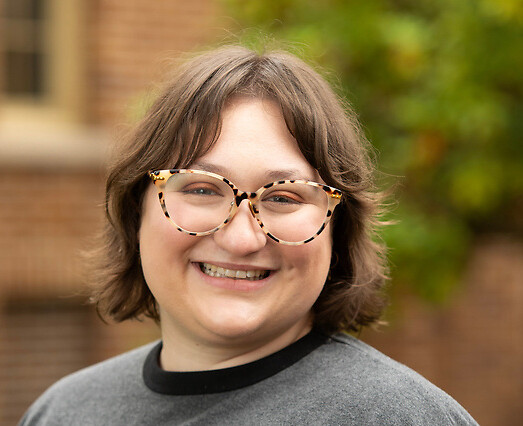
Mental Health Counseling Intern | Counseling Services | rachel.steinberg@plu.edu | 253-535-7206 | Rachel is thrilled to join the PLU team as a Mental Health Counseling Intern and spend the ’24-’25 year working with the PLU community.
, Life Skills Specialist, Admissions Director, 3LPlace, 2016- 2019 Augmentative and alternative communication techniques, organization for neurodiverse populations and executive function 'hacks', intermediate American Sign Language, music performance and teaching Biography Rachel is thrilled to join the PLU team as a Mental Health Counseling Intern and spend the ’24-’25 year working with the PLU community. As a clinician, she values self-discovery and acceptance (you are enough!), community care, and
Area of Emphasis/Expertise -
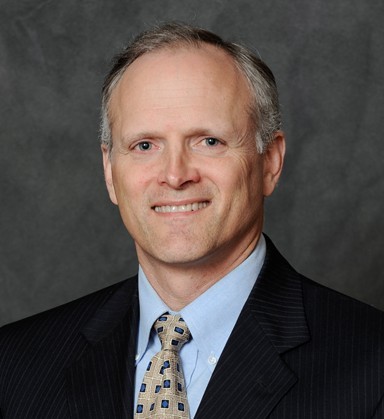
Master of Business Administration | sweberva@plu.edu | Vic Sweberg has been an Adjunct Professor in the Pacific Lutheran University’s School of Business from 2013 to the present. He has taught a variety of undergraduate and graduate-level courses. Prior to 2013, he had a successful career with The Boeing Company for nearly 30 years. At Boeing, he served in many capacities and held assignments in program management, strategy development, business development, and leading a variety of innovative growth areas. As an Executive during the latter part of his career, he formed and led a new division inside of Boeing, the Unmanned Airborne Systems (UAS) division, reporting to the President of Boeing Military Aircraft.
Vic Sweberg, MBA Email: sweberva@plu.edu Biography Biography Vic Sweberg has been an Adjunct Professor in the Pacific Lutheran University’s School of Business from 2013 to the present. He has taught a variety of undergraduate and graduate-level courses. Prior to 2013, he had a successful career with The Boeing Company for nearly 30 years. At Boeing, he served in many capacities and held assignments in program management, strategy development, business development, and leading a variety of
Contact Information -
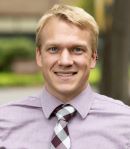
Assistant Professor of Economics | Department of Economics | swartzentruber@plu.edu | 253-535-7731 | Ryan Swartzentruber is a dedicated educator and researcher with a passion for environmental policy and experimental economics. He strives to engage students by applying microeconomic theory to real-world challenges and encouraging them to tackle complex issues.
, Environmental Economics, Natural Resource Economics, Behavioral Economics, Strategic Behavior, Econometrics Biography Ryan Swartzentruber is a dedicated educator and researcher with a passion for environmental policy and experimental economics. He strives to engage students by applying microeconomic theory to real-world challenges and encouraging them to tackle complex issues. Ryan joined Pacific Lutheran University in 2024 after completing his Ph.D. at the University of Tennessee. He has taught a variety
-
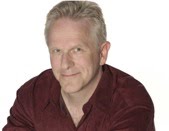
Lecturer | Music | guhrgd@plu.edu | 253-535-7602 | Equally at home in everything from Shakespeare to Sondheim and Monteverdi to Verdi, baritone Glenn Guhr has always prided himself on his versatility as a performer.
Professional Memberships/Organizations National Association of Teachers of Singing , (2008 - Present) Black Box Opera Theater , (2005 - Present) Biography Equally at home in everything from Shakespeare to Sondheim and Monteverdi to Verdi, baritone Glenn Guhr has always prided himself on his versatility as a performer. He has appeared in operas, operettas, musicals, plays, and film. In recent years, he sang the baritone solos for Pacific Northwest Ballet’s Carmina Burana and played Dulcamara in The Elixir
Office HoursMon - Fri: - -
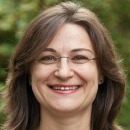
Chair, Department of Economics | Department of Economics | nagyka@plu.edu | 253-535-7085 | Krisztina Nagy (n-odge as in Dodge like the car) is an experienced teacher and researcher focusing on international economics and econometric analysis. She is passionate about teaching her craft to both undergraduate and graduate students and she especially enjoys guiding students to see the interconnectedness of today’s world. Dr.
: Macroeconomics, Financial Econometrics Teaching Areas: Macroeconomics, International Economics, Managerial Economics, Statistics, and Econometrics Biography Krisztina Nagy (n-odge as in Dodge like the car) is an experienced teacher and researcher focusing on international economics and econometric analysis. She is passionate about teaching her craft to both undergraduate and graduate students and she especially enjoys guiding students to see the interconnectedness of today’s world. Dr. Nagy has taught at
-
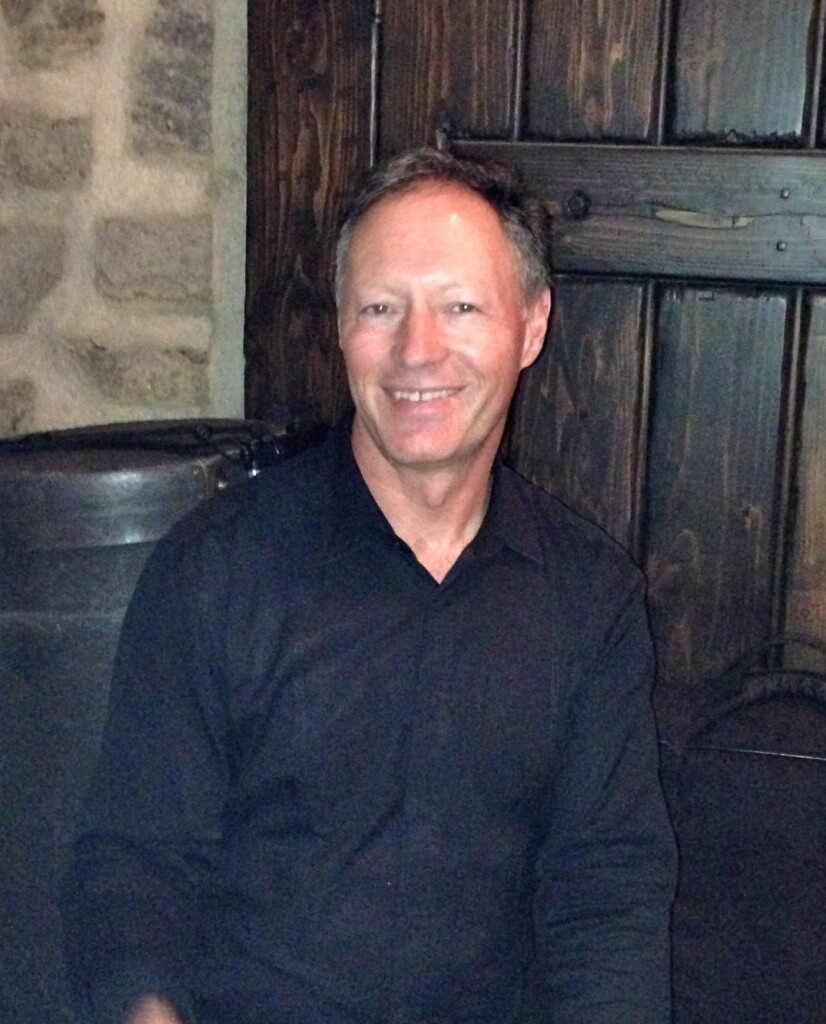
Lecturer - Jazz Drums | Music | ivestemd@plu.edu | 253-535-7602 | Mark Ivester is a versatile drummer and percussionist with extensive experience playing a variety of musical genres from rock to jazz to orchestral music.
Mark Ivester Lecturer - Jazz Drums Phone: 253-535-7602 Email: ivestemd@plu.edu Office Hours: (On Campus) Mon - Fri: By Appointment Professional Biography Video Education B.M., Eastern Washington University Responsibilities Teaches drum set lessons Biography Mark Ivester is a versatile drummer and percussionist with extensive experience playing a variety of musical genres from rock to jazz to orchestral music. Mark has performed with numerous jazz artists of international stature including Larry
Office HoursMon - Fri: - -
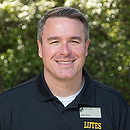
Associate Professor | School of Business | flickrw@plu.edu | 253-535-7306 | Professor Flick teaches undergraduate and graduate level courses in business law and ethics at Pacific Lutheran University School of Business. Licensed to practice law in California since 1995 and in Washington since 2009, Professor Flick has an undergraduate degree in economics from California State University where he was also a graduate of the University Scholars Program, a juris doctor from Loyola Law School, Los Angeles and a Masters of Business Administration with honors from the University of Southern California. He also received the mediation and dispute resolution training from the Center for Dialog and Resolution (formerly the Pierce County Center for Dispute Resolution). From 1996 until 2001, Professor Flick served as in-house counsel for a New York Stock Exchange traded mortgage finance company ultimately rising to the level of Senior Counsel responsible for all public company reporting, structured finance and securitization and he also served as the secretary to the Board of Directors. Professor Flick participated in the drafting and filing of all required disclosures under the Securities Act of 1933 and the Securities Exchange Act of 1934 including Forms 10-K, 10-Q, 8-K and the annual proxy statement. Professor Flick was part of the management team that was involved in the transactions necessary to recapitalize the business following the credit crises of the late 1990s. From 2001 until 2003, Professor Flick was corporate counsel to a major fashion industry retailer. In addition to his responsibilities as secretary to the Board of Directors and all public company reporting requirements, Professor Flick played a major role in a trademark financing transaction which was unique at the time. Professor Flick also was intimately involved in the implementation of the company’s enterprise resource planning system including negotiating the contracts and helping to resolve contractual disputes. Professor Flick also was part of the team that won a significant victory against a proposed securities class action claim. From 2003 until 2005, Professor Flick was General Counsel of the capital markets division of the largest subprime mortgage company in the United States. He was responsible for overseeing the legal affairs associated with $10 billion in warehouse financing and over 15 monthly loan sale and securitization transactions. Professor Flick played a pivotal role in the establishment of one of the first short term commercial paper financing facilities backed by subprime mortgages. From 2005 through 2007, Professor Flick was the Chief Operating Officer of a multi-family and commercial mortgage lender responsible for all non-origination operations as well as legal compliance. He also was primarily responsible for preparing the company for a successful sale to a bank at an attractive sale price considering economic conditions at the time. Since 2007, Professor Flick has been in private practice both for a large, national law firm working on securitization and structured finance. Among the transactions on which Professor Flick worked was a unique financing of life settlements. In his private practice, Professor Flick advises small and medium sized companies as a contract general counsel. His clients include early stage start-up companies and his largest client has annual revenues of $75 million and over 75 employees. In addition to his professional experience, Professor Flick has taught graduate and undergraduate courses in law, finance, accounting, dispute resolution and other related topics at local for profit institutions and community colleges. Throughout his career, Mr.
company ultimately rising to the level of Senior Counsel responsible for all public company reporting, structured finance and securitization and he also served as the secretary to the Board of Directors. Professor Flick participated in the drafting and filing of all required disclosures under the Securities Act of 1933 and the Securities Exchange Act of 1934 including Forms 10-K, 10-Q, 8-K and the annual proxy statement. Professor Flick was part of the management team that was involved in the
-
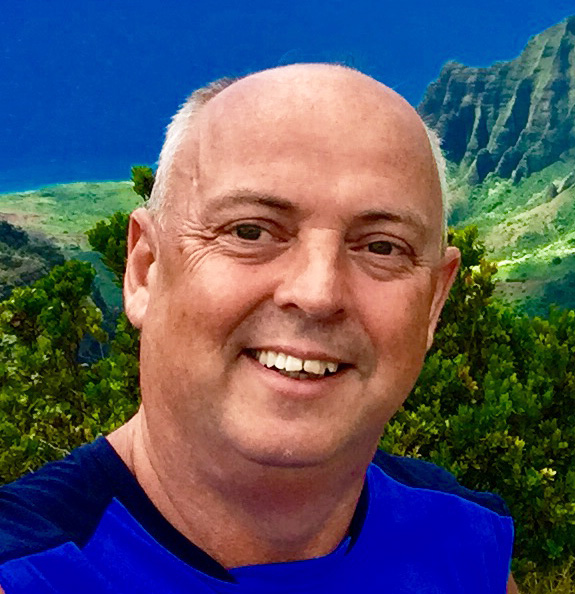
User Support Team Manager | PLU Help Desk | stewartj@plu.edu | 253-535-7431 | John comes to PLU with over 20+ years of experience in the information technology field.
John Stewart User Support Team Manager Phone: 253-535-7431 Email: stewartj@plu.edu Office Location:Mortvedt Library - Room 144 Employed: 2 Years Biography Biography John comes to PLU with over 20+ years of experience in the information technology field. He was recently employed at Community 1st Credit Union in DuPont, WA where he held an Information Services support consultant position within the firm’s IT department for 10 years. John also earned 13 years of his IT experience as an IT field
Do you have any feedback for us? If so, feel free to use our Feedback Form.


